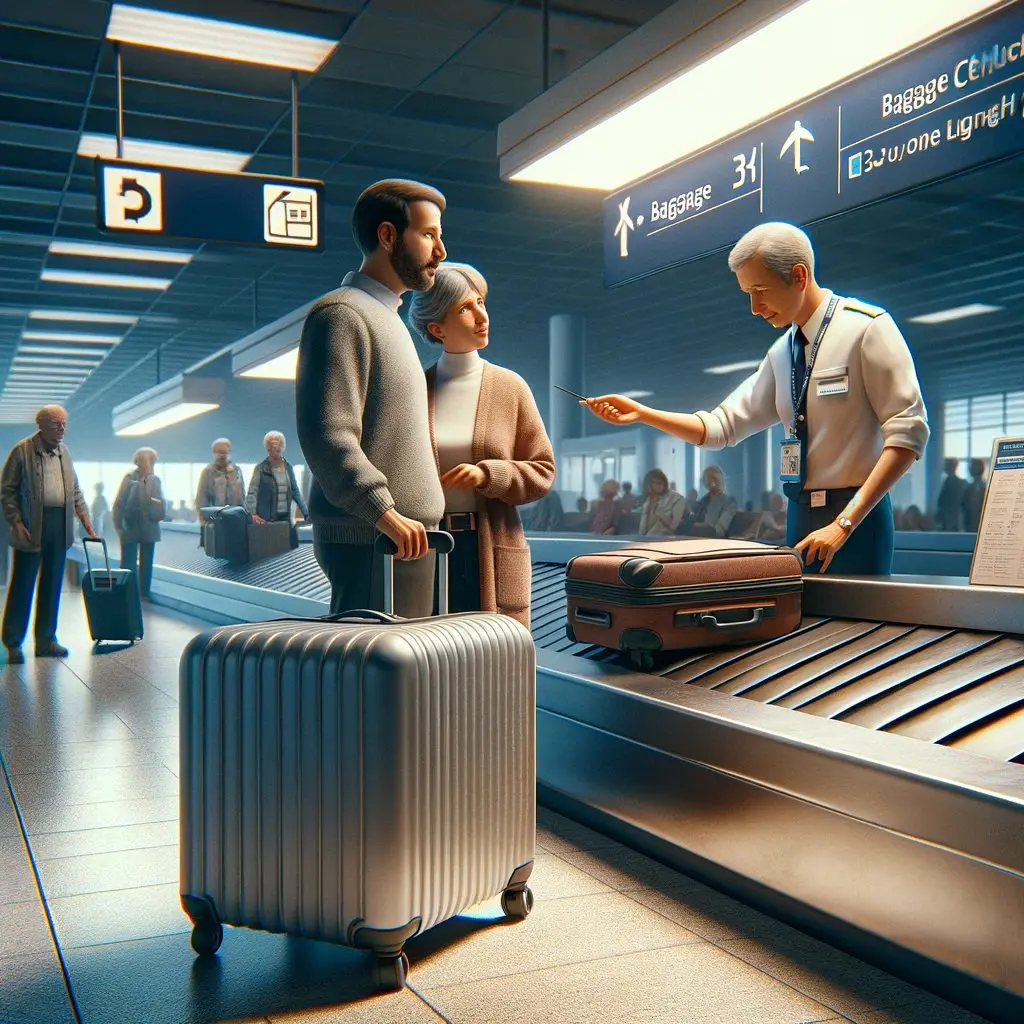In the intricate field of aviation law, the topic of baggage check stands out as a critical area, intertwining both civil and criminal legal aspects. Understanding the nuances of laws and regulations governing baggage checks at airports is essential for travelers, legal professionals, and aviation industry stakeholders. This article delves into the various facets of baggage check procedures, highlighting key legal considerations, rights of passengers, and the responsibilities of airlines.
The Legalities of Baggage Check in Aviation
The process of checking baggage at airports, while seemingly straightforward, involves a complex web of legal regulations and standards. These laws are designed to ensure the safety and security of passengers, as well as to protect their rights. Key legislation includes national and international aviation security laws, airline policies, and consumer protection statutes.
Passenger Rights and Airline Duties
Passengers have certain rights when it comes to their luggage. These rights are often outlined in the airline’s contract of carriage and are regulated by aviation authorities. Common rights include compensation for lost or damaged luggage, the right to a clear explanation of baggage fees, and the assurance of reasonable care for their belongings. On the other hand, airlines are duty-bound to handle luggage responsibly, maintain transparent baggage policies, and comply with security and safety regulations.
Security Measures and Privacy Concerns
Security checks are a fundamental aspect of baggage handling in airports. These measures, while crucial for safety, raise questions about privacy and the extent of permissible searches. Legal guidelines stipulate the conditions under which a baggage search is lawful, balancing security needs with individual privacy rights.
Liability and Compensation in Case of Loss or Damage
A major concern for passengers is the loss, damage, or delay of their checked luggage. Aviation law outlines the liability of airlines in such scenarios, including the limits of compensation and the process for filing claims. Understanding these rules is vital for passengers seeking redress for mishandled baggage.
Special Cases: Oversized, Hazardous, and Valuable Items
Handling special categories of luggage such as oversized, hazardous, or valuable items involves additional legal considerations. Regulations specify how these items should be declared, handled, and compensated for in case of any issues. Passengers need to be aware of these rules to ensure compliance and avoid inconveniences.
Technological Advances and Future Trends in Baggage Handling
Technological advancements are shaping the future of baggage handling in the aviation industry. Innovations like RFID tracking and automated baggage systems are improving efficiency and security. However, these technologies also bring new legal challenges and considerations, especially in terms of data privacy and cybersecurity.
Conflictos jurídicos y resolución
When disputes arise over baggage checks, passengers and airlines often turn to legal resolution. Understanding the avenues for dispute resolution, including arbitration, litigation, and regulatory complaints, is crucial for effectively addressing baggage-related issues.
The Role of Legal Professionals in Aviation Baggage Issues
Legal professionals play a pivotal role in navigating the complexities of baggage check laws. They provide advice, represent clients in disputes, and help shape policies that balance the interests of passengers and airlines. Staying updated on legal developments in this area is crucial for legal practitioners specializing in aviation law.
Conclusión
The realm of aviation law, particularly concerning baggage checks, is multifaceted and continuously evolving. For passengers, airlines, and legal professionals, staying informed about these legal intricacies is key to navigating this challenging landscape successfully. From understanding passenger rights to keeping abreast of technological changes, a comprehensive grasp of baggage check laws is indispensable in the world of aviation.
Divulgación: Generative AI creó el artículo

